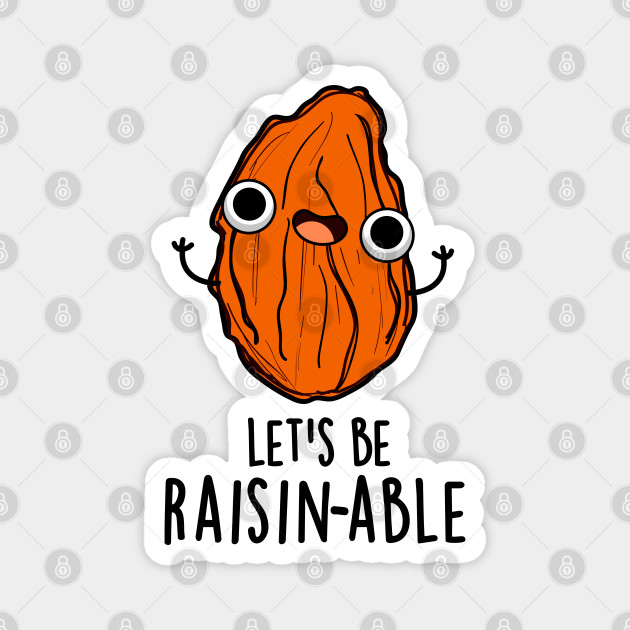- cross-posted to:
- appliedpsychology@mander.xyz
- cross-posted to:
- appliedpsychology@mander.xyz
Summary
-
The article discusses the concept of information overload and how it can lead to analysis paralysis.
-
The author argues that randomness can be a helpful tool for overcoming choice overload.
-
The author cites a study that found that people who were given a random decision prompt were more likely to be satisfied with their decision than those who were not given a prompt.
-
The author concludes by saying that while randomness is not a perfect solution, it can be a helpful tool for making decisions when we are feeling overwhelmed by choice.
Key Points
-
Choice overload occurs when we are presented with too many options, which can make it difficult to choose one.
-
This can lead to analysis paralysis, which is the inability to make a decision because we are too busy considering all of the options.
-
Randomness can help us to overcome choice overload by forcing us to make a decision without overthinking it.
-
This can be done by flipping a coin, rolling a die, or using another randomizing device.
-
While randomness is not a perfect solution, it can be a helpful tool for making decisions when we are feeling overwhelmed by choice.



Excellent! Thank you for sharing. 👍